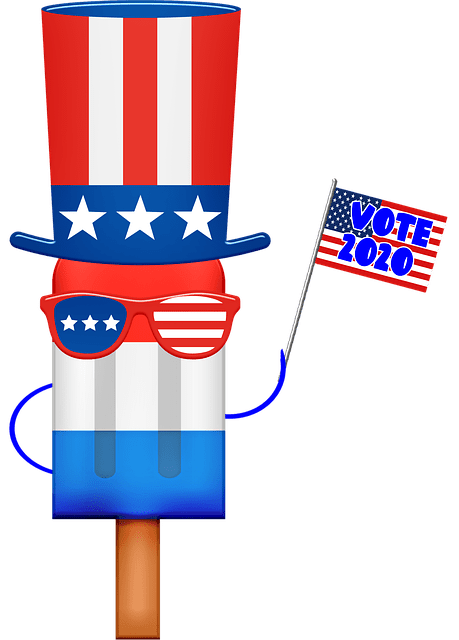
Ancient Greeks gave us “democracy,” both the word and the ideal. Democracy combines the Greek words “demos,” meaning people, and “kratos” meaning power. It stands for the power or will of the people, the precept we adopted for America and enshrined in the majestic phrase, “We the People.”
Today, more than ever, American democracy is threatened. The ugly truth is that there are forces at work trying to clamp down on ballot access, the foundation stone of democracy. Republican lawmakers have introduced some 361 bills with restrictive provisions in 47 states.
The laws that have been proposed and, in a handful of cases, already passed, vary from state to state, but they share a central aim: to make it more challenging to cast a ballot. Among the proposals are laws that would require a photo ID or proof of citizenship in order to vote, laws that restrict early and absentee voting, and laws that cut down on the number of voting places and ballot drop boxes. There are even laws that make it a crime to distribute water or food to those waiting in long lines to cast a ballot.
These laws are being proposed under the guise of curbing voter fraud. Yet reliable studies have shown there is no evidence of widespread voter fraud. Voter fraud essentially is an illusion, an excuse to clamp down on ballot access and make voting more difficult, especially for minority voters and for young and low-income voters.
Voting rights have become a partisan issue. States with Republican-dominated legislatures, such as Iowa, are in the forefront, pushing restrictive voting regulations. It’s a naked attempt to show allegiance to Donald Trump and to his Big Lie that the 2020 election was somehow “stolen.”
The move to make voting harder has been especially egregious in Georgia, where the GOP- controlled legislature rushed to pass a law that, among other punitive measures, strips the Secretary of State of authority and weakens county election boards. It is plain the 98-page Georgia law is directly targeting voters of color who were crucial to Biden’s victory in November and to the January elections of Sens. Raphael Warnock and Jon Ossoff.
Georgia Gov. Brian Kemp, a Republican, wasted no time signing the legislation into law. When he affixed his signature, he was flanked by six white male legislators. Clearly visible in the background, was a painting of a slave plantation. So much for subtlety.
It’s little wonder there have been outcries for Georgia’s nationally-based corporations to weigh in and oppose these provisions. The corporations, while beginning to protest, have been slow to object. It fell to National League Baseball to act definitely and pull its all-star game from Atlanta. Gov. Kemp and others are now saying that’s an example of “cancel culture” at a time when, with sad irony, they have been working overtime to cancel voters’ rights.
One might presume the Supreme Court would be blocking such obviously discriminatory laws as Georgia’s. Lawsuits have already been filed. But the prospect for such laws reaching and being overturned by the Supreme Court are dim. In the past, the Supreme Court has refrained from blocking some of the worst gerrymanders and it struck down the heart of the federal Voting Rights Act. Now with three Trump-appointed judges on the court, there is even less hope for a judicial rescue of voting rights.
What could thwart these brazen attempts at suppression is passage of H.R.1, a bill that passed the U.S. House with Democratic votes. The bill would preserve voter rights and nullify the worst restrictions now under consideration and — as in Georgia — already signed into law. The bill, considered the legacy of the late John Lewis, now goes to the Senate where it faces strong GOP opposition and filibuster threats. To obtain passage, it might require dumping or reforming the filibuster, something long overdue.
Clearly, the suppression of voting rights is now a grave threat to our Democracy. The attack on the Capitol January 6, an attempt to prevent certification of the election, wass one of history’s gravest threats to the American democracy. But passage of the Georgia voter-suppression law and proposed laws in other states have even more potential to throttle Democracy. We have discovered that Democracy is more fragile than we could have believed.
Discover more from Post Alley
Subscribe to get the latest posts sent to your email.
